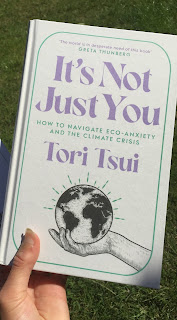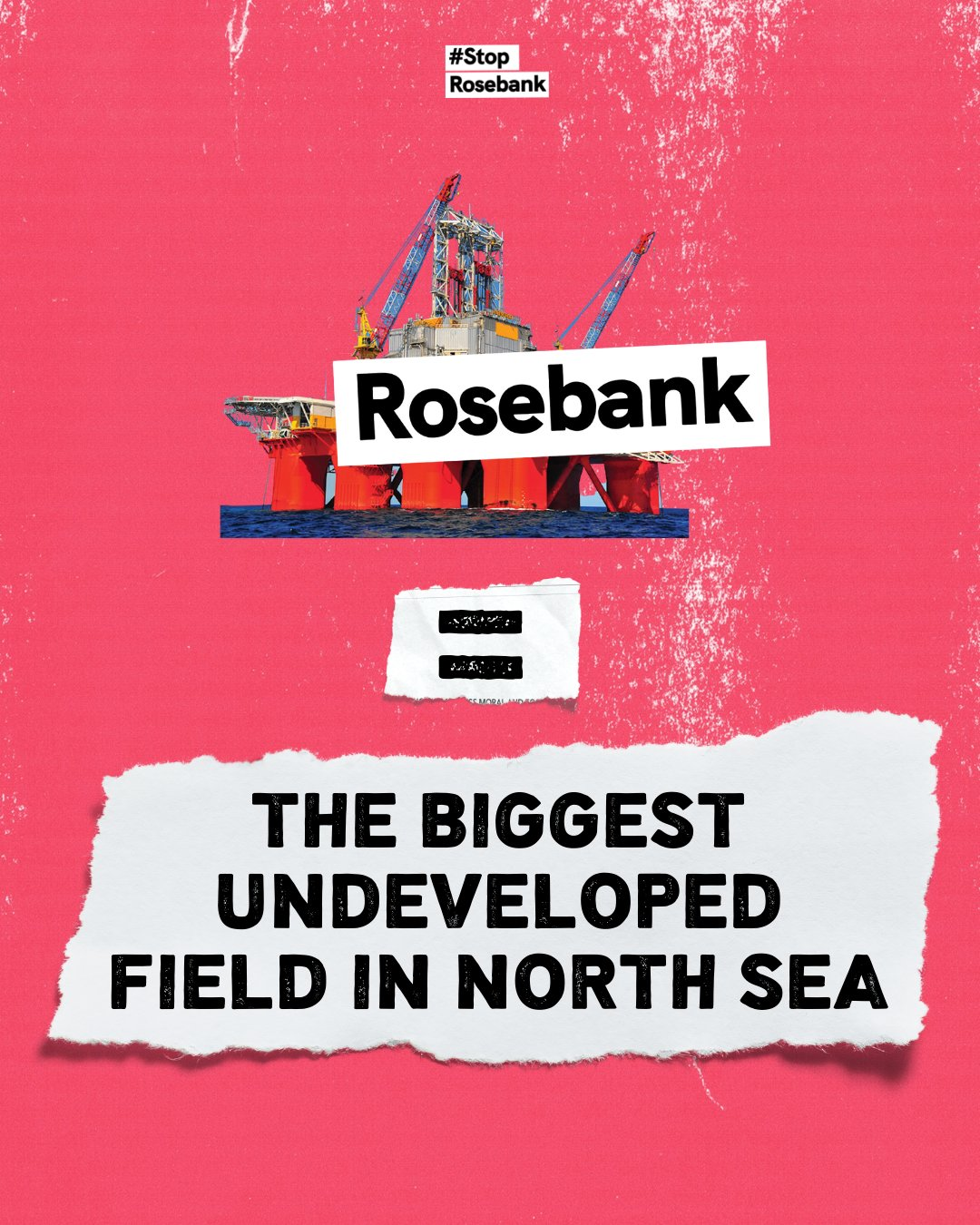Preventing Deaths - Everyone with an Eating Disorder Deserves Support

After ten years fighting against an eating disorder, Zara Taylor took her own life in 2021 at the age of just 24. For years, I have campaigned about the urgent need to do more to address eating disorders, not least of all because of their high mortality rates. Some of these deaths come from the impact eating disorders have on a person's physical health. For instance, the heart muscle can become weak and result in a tragic heart attack. However, the incidence of suicide should not be overlooked, with eating disorders among the highest suicide rates of all mental health conditions. Research from King's College London reveals that 1 in 5 people with anorexia nervosa who die, do so by suicide. People with eating disorders are also more likely to self-harm, attempt suicide or consider suicide than the average person. As someone who struggled with an eating disorder for over a decade - and continue to overcome its challenges - I do not exaggerate when I say that it can feel like sui...




